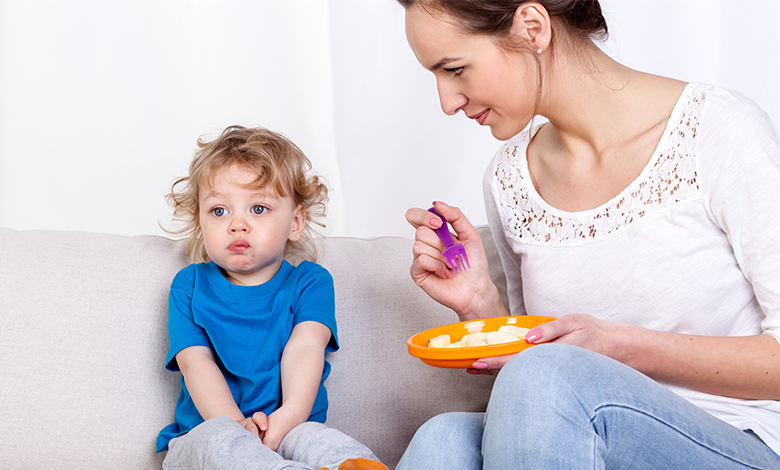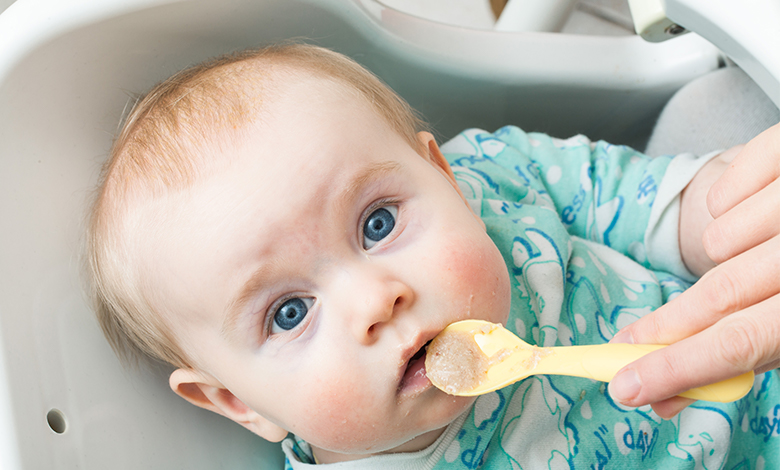- Toddlers’ iron needs can be as high as teenage boys’
- There are two types of iron, and one is more easily absorbed by the body
- Toddler milk can help your child reach their daily intake of iron
Exploring your toddler’s iron needs

Key points
It might surprise you to learn that a toddler needs almost as much iron per day as an adolescent male – about 9 milligrams for a toddler and 11 milligrams for an adolescent male. That’s because it enables our body to make red blood cells and haemoglobin, which carry oxygen to tissues and organs. Growing bodies need enough iron to support their developing cognitive functions as well as to provide them with the energy to move and play.
Iron and its sources
There are two types of iron: heme and non-heme. Heme iron is more readily available to be absorbed by the body and you can find it in animal products like chicken, fish, beef, lamb and kangaroo. Liver and kidney are particularly good sources of heme iron, as well.Non-heme iron is less readily absorbed by the body. Good sources include dried beans, legumes and iron–fortified cereals as well as whole grains. It’s a good idea to complement these foods with citrus fruits – like oranges and mandarins – as well as vegetables – like capsicum, broccoli and spinach – that are high in vitamin C, as this helps the body absorb non-heme iron more efficiently.
Meeting your targets
It can be quite a challenge to get to that 9-milligram figure. To give you an idea of how much heme iron you can find in common foods here’s a quick breakdown:
- Beef mince, regular fat, stir fry – 2.55 milligrams per 100 grams
- Lamb chop, grilled – 1.5 milligrams per 100 grams
- Chicken liver, fried – 11.06 milligrams per 100 grams
- Beef, roast – 2.36 milligrams per 100 grams
As you can see, toddlers need to be eating quite a lot if they’re going to hit that target number. To do your best to get there, make sure you’re offering your toddler these foods on a regular basis. Rather than having iron-rich foods just once, they’ll need them 2 or 3 times per day. You could also try combining foods – like adding lentils to Bolognese sauce – so you’re getting both heme and non-heme sources in the one meal.
Bridge the gap
If your little one isn’t a big eater, it can be harder again to reach that daily intake. It’s not uncommon to see toddlers with low levels of dietary iron. For these cases, we might recommend using a toddler milk drink like Aptamil Gold+ 3 with Pronutra Biotik+ 3 or Aptamil® Gold+ 4 with Pronutra Biotik. These products contain milk with added vitamins and minerals that (when prepared as directed, and consumed as part of a healthy varied diet) help bridge the gap between what your little one is eating and what they need for their growth and development.
Related pages

Get in touch with our Careline experts
When your little one is unhappy or unwell you want reliable support from a trusted source. Our Careline team of nutritionists, dietitians and midwives specialise in infant and child health, offering free nutrition, feeding and product information.
Every feeding journey is unique
Not every parent can produce breast milk. No matter what choice you make, we will support your unique feeding journey.
We at Nutricia believe in providing the best nutrition for babies, which is why we recognise breast milk is uniquely superior for babies as it provides many benefits. It is important that mums have a healthy diet to support breastfeeding. A decision not to breastfeed, or partial bottle feed, may reduce breast milk supply making it difficult to reverse. The cost and social implications of using feeding methods should be considered. Always seek professional advice about feeding your baby. Ensure formula is used as directed as improper use can affect baby’s health.
REMEMBER: The information on this page is general only. If you have any concerns about your baby’s poo or questions about constipation or any other health concerns, please speak to a healthcare professional, like a Pharmacist, GP or Maternal Child Health Nurse.



